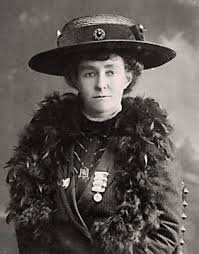1) I know that the pain doesn't usually ________ for several hours.
// It’s been pretty hectic for me so far, so fingers crossed things will ________ over the next few days.
2) He _______ and managed to wrestle the knife from his attacker's hands. // Jones denied the charge and _______ publicly.
3) He nagged me so much for a new bike that eventually I ______ .
// After a heated debate, the employers _______ to the union's demands.
4) Most students ________ in extracurricular activities after school and on weekends.
5) I try to _____ for what is right.
6) The team really _______ their performance.
// The enemy ________ their attacks.
7) A group of villagers ______ the real estate developers because they are afraid more housing will result in more flooding in the area.
8) The idea ______ by the committee because it hadn't received over 50% of approval from its members.
9) She had to ______ to the fact that she would never walk again.
// You have to _______ to your responsibilities.
1. ease off
2. fought back
3. gave in
4. enage in
5. stand up
6. stepped up
7. has taken on
8. was thrown out
9. face up








